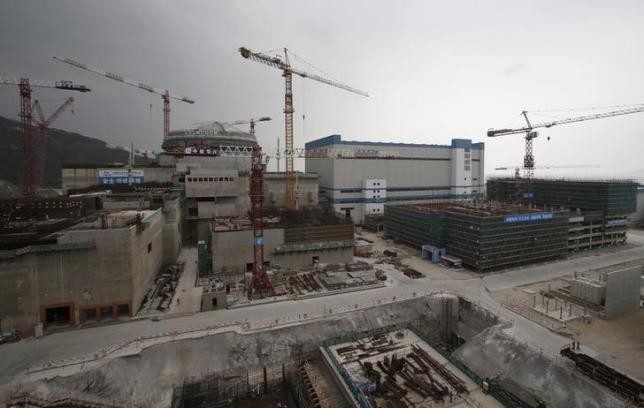China’s nuclear energy authorities have recently concluded an investigative research on 31 nuclear power generation facilities in the country’s inland regions, an indication that many experts see as the potential resumption of operations of the nation’s new reactors in the near future.
"A report based on the research has been submitted to the State Council. Once approved, it will be a signal of the beginning of the operations of new nuclear reactors," an anonymous energy expert at the Energy Research Institute of the National Development and Reform Commission (NDRC) was quoted in a report by the Global Times on Monday.
The research, which was aimed determining the safety of operating the nuclear plants, was jointly conducted by the Chinese Academy of Engineering and the China Nuclear Energy Association (CNEA), the report said.
China suspended its nuclear power projects following the Fukushima nuclear disaster in Japan in 2011, with Beijing only approving a handful of projects along the country's eastern coast.
Although the continuation of nuclear power projects inland has yet to be announced officially, at least 10 provinces have already proposed to develop a nuclear power industry.
Three nuclear reactors in the inland regions, namely the Taohuajiang nuclear power plant in Hunan, the Xianning plant in Hubei and the Pengze plant in Jiangxi, have already obtained approval from the NDRC and are waiting to be established, the Global Times said in its report.
According to Communist Party of China's 13th Five-Year Plan (2016-2020), the country's nuclear power capacity is expected to reach 58 million kW by the end of 2020. The capacity of those currently under construction is 30 million kW.
"It's difficult to reach that goal without new nuclear power reactors in inland regions," the expert said.
As of 2013, the Taohuajiang nuclear power plant has already received 4.6 billion yuan ($700 million) in investments, while the other two plants drew in 3.4 billion yuan each.
"If the nuclear power projects in inland regions restart, the three plants will be the first to start operation," an insider who also requested anonymity told the China Times.






















